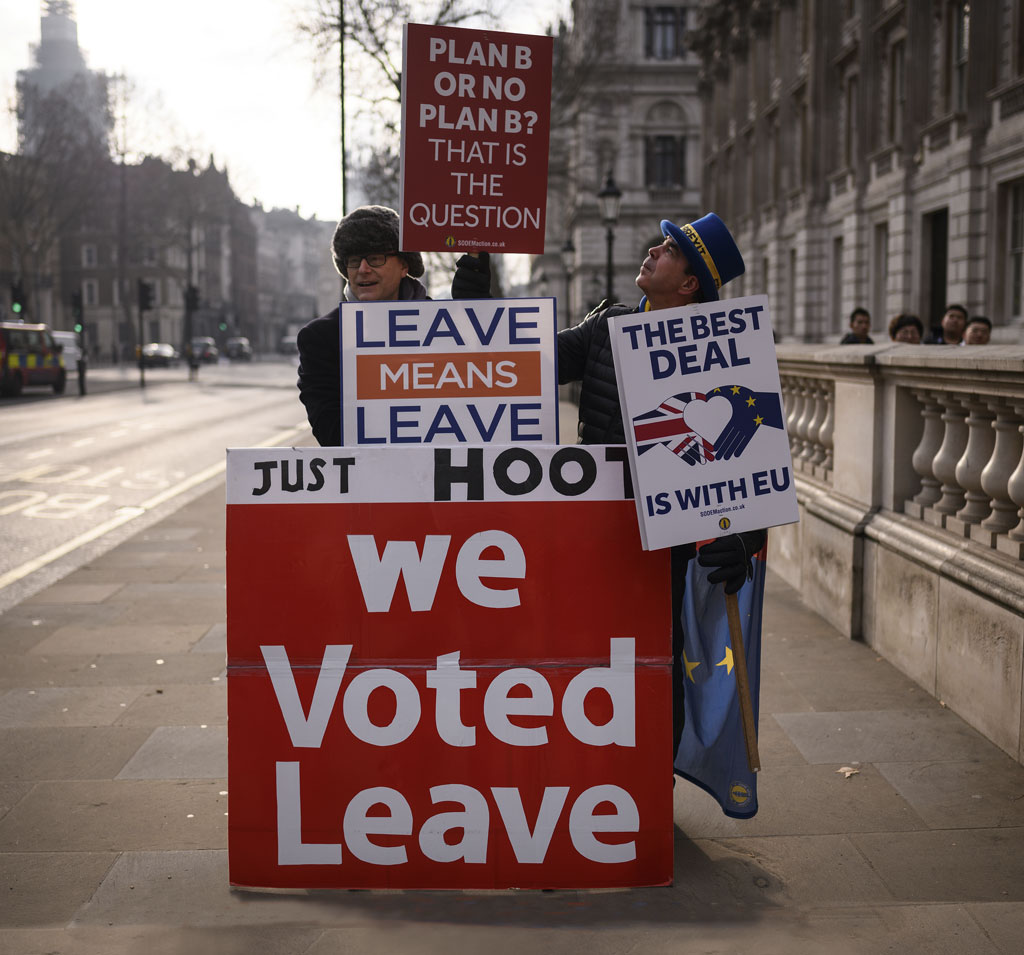
After not far short of half a century of the closest cooperation with our nearest neighbours, a new era of political and economic estrangement from them is about to begin. There have been 70 glorious years of peace, development and teamwork within the EU, much of which will be undone in one defining act: Brexit. The puzzling question, since 2016, has asked why the United Kingdom would opt to become permanently poorer by relinquishing what has been labelled our ‘Germany Plus’ deal, the UK’s membership terms negotiated by Margaret Thatcher in 1984 which have given us ‘opt outs’ and a rebate placing us in a far more advantageous position than any other member country (see George Osborne: Brexit would leave UK ‘permanently poorer’ and HM Treasury analysis: the immediate economic impact of leaving the EU).
The advisory EU referendum of 2016 resulted in a wafer-thin, statistically insignificant, 3.8% Leave majority









